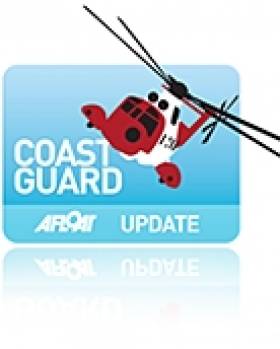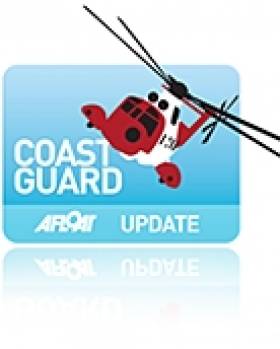Displaying items by tag: Bregenz House
It's Official - Bangor Coastguard Will Stay Open
#COASTGUARD - The UK's shipping minister has confirmed that Northern Ireland will retain its only coastguard station, the News Letter reports.
Mike Penning made the survival of Bregenz House official at the House of Commons yesterday, marking the end of what has been a successful campaign by the station's supporters.
As previously reported on Afloat.ie, the control centre at Bangor was given a last-minute reprieve by the minister in July under revised proposals to streamline the UK's coastguard network.
Bregenz House will be one of eight stations set to remain following the cutbacks, and one of just three across the whole UK that will have 24-hour service.
However, concerns are still being expressed about the wider area that the Bangor station will now have to cover, with the coastguard workers' union calling for assurances that the "same level of service" will be preserved.
Concerns Over Belfast Coastguard Jobs
Concerns persist over the future for Northern Ireland’s coastguard service staff - despite the British government backing down from plans to close the Bangor search and rescue centre.
As previously reported on Afloat.ie, the Bregenz House station was given a reprieve under revised proposals to streamline the UK's coastguard network.
However the coastguard workers' union told the Belfast Telegraph that assurances must still be given to preserve "the same level of service”.
Ian Graham of the Public and Commercial Services (PCS) union said: "The numbers they’re quoting in the proposals are not providing this service with enough staff.
"Lives are still at risk with these proposals, there isn’t one UK coastguard I have spoken to that doesn’t disagree with that. We need to keep fighting to safeguard the service. This was a small victory.”
The Belfast Telegraph has more on the story HERE.

























































